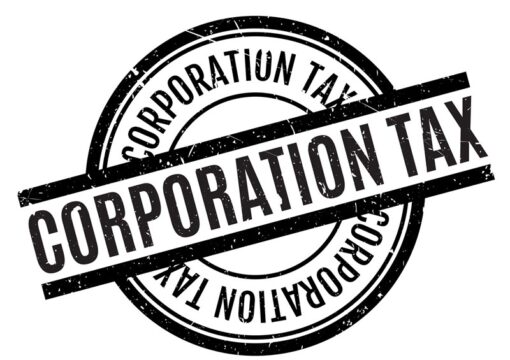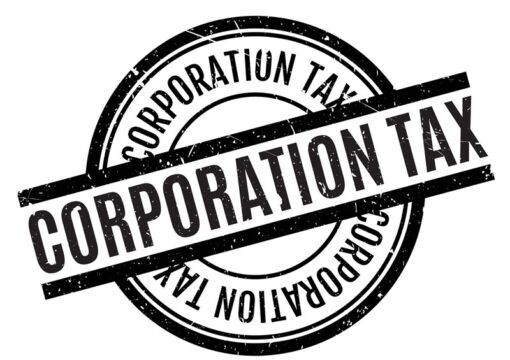
Read our summary of some of the changes contained in the Autumn Budget 2024 and how they might affect you or your organisation…

If you’re starting a new business, it’s vital you understand the financial and legal pros and cons the different structures offer.

For your business, a new government brings about a period of uncertainty. Consider how you can prepare to manage this transition and succeed…

This article covers the important considerations in setting-up and running a trading subsidiary to raise money for your charitable work.

Conducting year-end work can be difficult to prioritise. Read through our ten strategies that can make your year-end process a more seamless.

There are always competing factors to consider when thinking about your March year-end as a company. How prepared do you feel?

For a round-up of what the Spring Budget contained and how this might affect you, please read our summary of some of the major changes.

In March 2021, when Rishi Sunak was Chancellor, the Corporation Tax rise was first announced. After some confusion that arose from the mini-budget, Jeremy Hunt has since confirmed that this rise will still take place in April 2023.

The rules for deciding whether a gift given in the course of business is deductible are complex. The rules for business gifts generally follow

The Government giveth, and the Government taketh away – or so it seems. Most COVID support grants paid out by central govenment or though

The normal deadline for filing private limited company accounts is 9 months after the company’s financial year end, known as the accounting reference date. For example, many companies have a year-end date of 31 March and are therefore required

Under the current rules non-resident companies with a trading business in the UK are liable to pay UK Corporation Tax on their profits made through a permanent establishment/branch or agency. This includes trading income and any income from property

HMRC defines a director’s loan as money taken from your company (by you or other close family members) that isn’t:
a salary, dividend or expense repayment and
money you’ve previously paid into or loaned the company
An overdrawn director’s loan

Companies often have to contend with having two different company accounting periods. This is because there are different rules for Companies House filings and submissions to HMRC, for Corporation Tax purposes.
The accounting periods can be the

There are a number of scenarios where HMRC would consider a company or organisation to be inactive for Corporation Tax (CT) purposes. This is a different categorisation to a ‘dormant’ company and usually happens when a company has not commenced